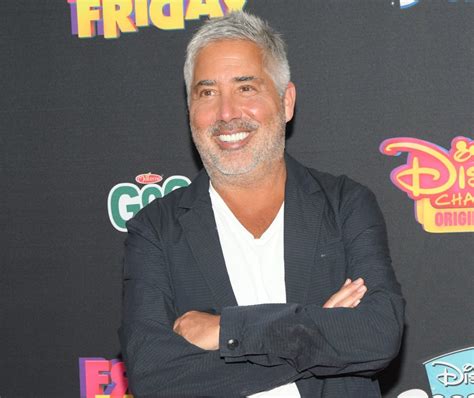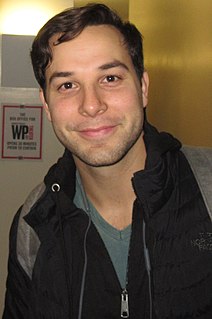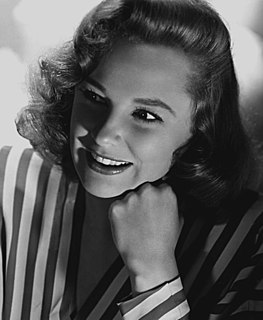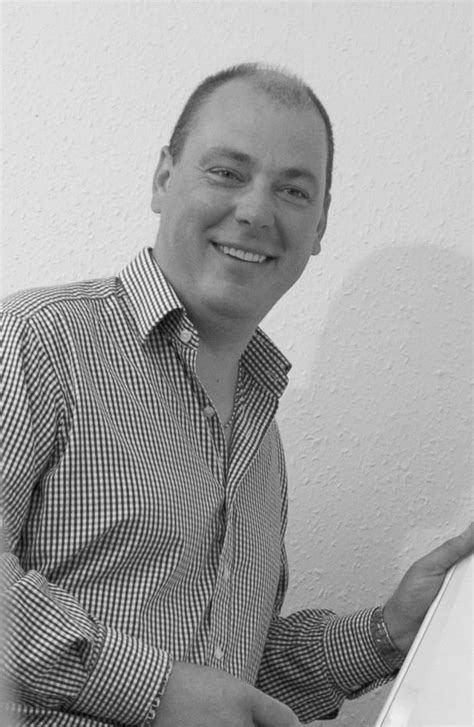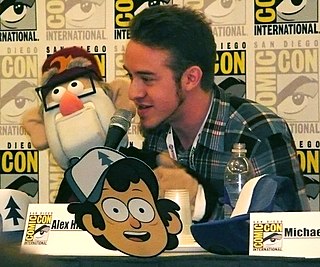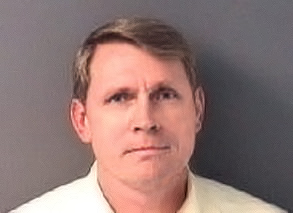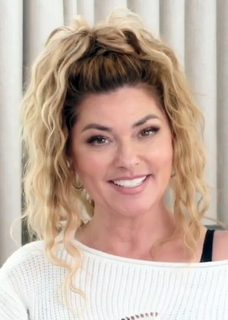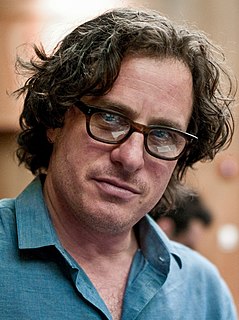A Quote by Steve Carr
I've worked on a set before, know something about cameras, and done some editing.
Related Quotes
That scene that I have with Brad Pitt in Meet Joe Black is one of my favorite scenes that I've ever done. He's very modest. He's a real hardworking actor. I think he was going through something difficult at that time, and he never brought his personal stuff - not once! - on the set. He was a real pro. I remember doing that scene, and as I was acting, I thought, "I understand why this guy's a movie star." Because there was just something that he did when the cameras rolled. There was some kind of energy that was really magnificent, a real aura about him.
One thing that is very different technically is that you don't get a lot of coverage in television. Not like you do on a film. I know we don't have time for separate set-ups, so I will design a scene where I'm hiding multiple cameras within that set-up. That way, if I don't have time to do five set-ups, I can do four cameras in one set-up. It's a different kind of approach for that. For the most part, a lot of television, in a visual sense, lacks time for the atmosphere and putting you in a place.
All three parts of filmmaking [writing, shooting, editing] contribute to rhytm. You want the script to be a tight as possible, you want the acting to be as efficient as possible on the set, and you have enough coverage to manipulate the rhythm in the editing room, and then in the editing room you want to find the quickest possible version, even if it's a leisurely paced film. I definitely in filmmaking more and more find writing and directing a means to harvest material for editing. It's all about editing.
And also, I'm most comfortable with like two people just sitting and talking about their feeling, you know, in a room with like two cameras and that's it. And I wanted to do something where there was like action and running and you know crowd scenes and big set pieces and certainly did a lot of that, so yeah.
My take on what happened with the moon landing was [......] they suspect [ sic ] that on impact that the cameras would be damaged because back in 1969 cameras weren't, you know, like they are today, as good. So they had a studio set up at CBS to mimic the moon landing. And sure enough the cameras broke and so they flipped, you know, the CBS studio on. And what you saw of the footage of the '69 moon landing was actually at CBS studio.
It's possible to think of photography as an act of editing, a matter of where you put your rectangle pull it out or take it away. Sometimes people ask me about films, cameras and development times in order to find out how to do landscape photography. The first thing I do in landscape photography is go out there and talk to the land - form a relationship, ask permission, it's not about going out there like some paparazzi with a Leica and snapping a few pictures, before running off to print them.
You have to set your own boundaries. We all do. You have to self-check. At the same time, the transparency is liberating. It is so much easier than screening every little thing you do and say. There's got to be some fluidity to self-expression without constantly editing things. The older I get, the more confident I feel in that. The filters are just flung away... lets face it, filters interrupt the flow of sincerity. If you're embarrassed about something you've done, then just say it.
I know when something is done and when it isn't. There's been times working on movies when they [moviemakers] lock in a release date and so you're stuck to that schedule. But sometimes you're still editing and you feel like you're not really done, but they're sort of releasing the movie anyway - that's kind of depressing.
